Our next concert marks the welcome return to the podium of Australian conductor Michael Thrift with a terrific programme of Mozart, Grieg and Beethoven. In this edition we hear more from Michael about his fast developing career as a conductor…

Firstly, tell us about your musical training and professional development to date
While piano lessons were my first formal engagement with music, my first musical experiences were as a cellist and choral scholar in Sydney. At university I decided to pursue a composition degree which I very much enjoyed, but as an aspiring conductor, the idea of spending four years learning how the orchestra worked seemed like a logical next step for me.
The most important aspect of training has often been outside of private lessons or a degree structure. It’s the kind of high-level training or mentoring that might provide small but valuable glimpses into the minds of composers, instrumentalists and other conductors.
When one watches a great conductor you can see the five or ten minutes of a rehearsal that will forever help you better manage a sound, or read a whole book for the precious few pages that colour your impression of a composer. It’s a journey of growth that I hope to be on for as long as I have the privilege of making music with other people.
And which other music ensembles and orchestras have you been involved with?
For several years I have conducted at Fulham Opera. This is a company that doesn’t shy away from big slices of the repertoire – Verdi, Wagner and the like. I’ll be returning to Ormond Opera later this year as its Music Director after a successful Madama Butterfly in 2016. This company loves working in small spaces to produce a highly visceral theatre experience.
After 10 years working with Sydney Youth Orchestra I think of it as my musical home. My last years there were spent as associate conductor of their flagship orchestra. I have wonderful memories of concerts and tours and the wonderful friendships forged within the fire of the youth orchestra experience.
Working in London always provides the enjoyable challenge of new ensembles. I am lucky enough to always be meeting new orchestras, choirs and opera companies. It’s a great way to absorb new repertoire and it always keeps one on their toes – a conductor has to always be super-prepared going into these situations.
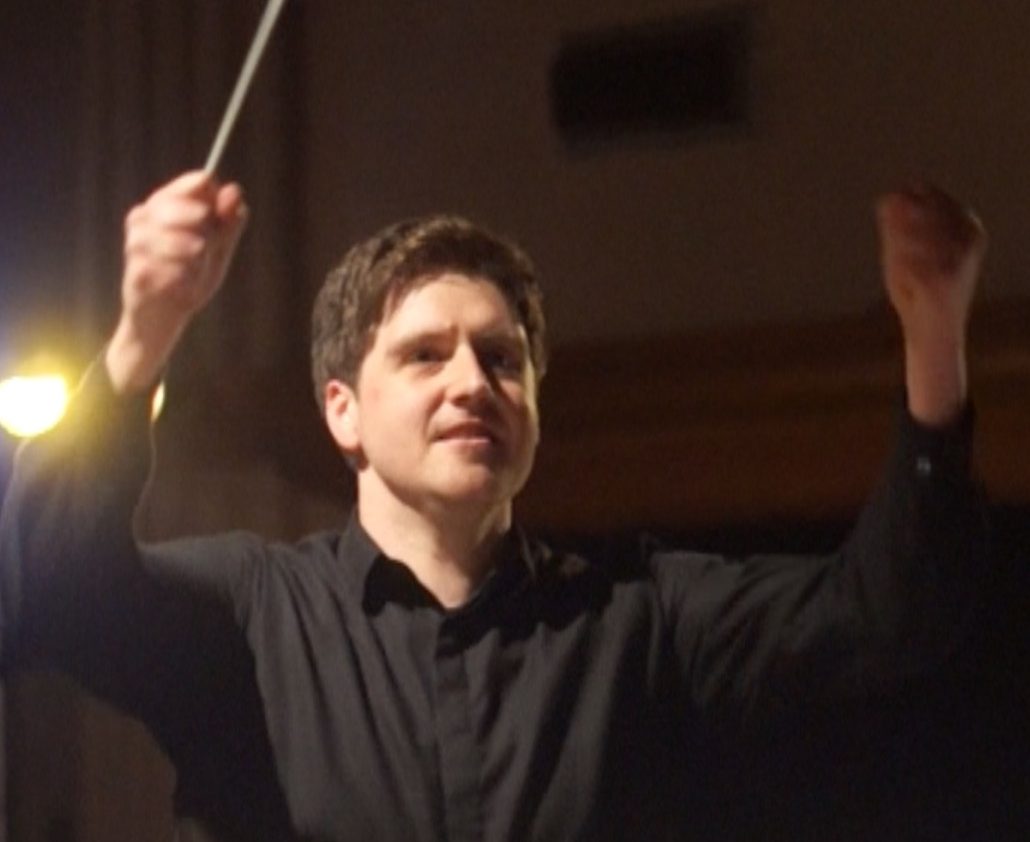
What would you regard as some of the highlights of your career to date.
Conducting Wagner’s Parsifal last year was a massive bucket-list item that I won’t forget any time soon. It’s the kind of repertoire conductors normally have to wait a long time to conduct. It is a privilege to be allowed anywhere near that score and I feel very lucky to have conducted it.
The first time I performed in the Sydney Opera House was amazing – that was as a cellist – then I got to do it all over again as a conductor.
 And what about your future ambition in music?
And what about your future ambition in music?
I already have opera work taking me into the middle of 2018 booked including Bizet’s Carmen, Donizetti’s Lucia di Lammermoor and Humperdinck’s Hansel and Gretel. Such projects are large in scope and time-requirement and tend to be booked with large lead-time, so I then try to fit in symphony projects in between the
m as best I can.
I very much enjoy the collaborative process with good artists, so anything that allows me to do that is always a pleasure. Getting your foot in the door of a well-established company is always a challenge for a young conductor but I’m pleased with how things are proceeding with some exciting future projects – so watch this space!
Finally, tell us some of the highlights we can look forward to in your forthcoming concert with London Firebird Orchestra on 13 June.
This is a hugely accessible programme that no-one can fail to love. Even if you don’t think you know any of the music by name, you’ll know it by sound. The Mozart Overture if one of the most whimsically frenetic pieces of stage music there is, and it functions wonderfully as a concert-opener. The Grieg Piano Concerto is a cornerstone concerto of the repertoire with melodies and drama that will like run your mind well into your interval champagne.
Beethoven’s Fifth Symphony is a powerhouse of early romanticism, but its oft-quoted opening movement is only the beginning. Following that are three fantastic movements: a beautiful Andante that evolves its melodic content throughout the movement; a somewhat haunting yet powerful scherzo that ushers in a quiet tension towards its end, leading to…the most glorious finale you might ever hear!

Hear Michael conduct London Firebird Orchestra in CELESTIAL GRANDEUR on TUESDAY 13 JUNE

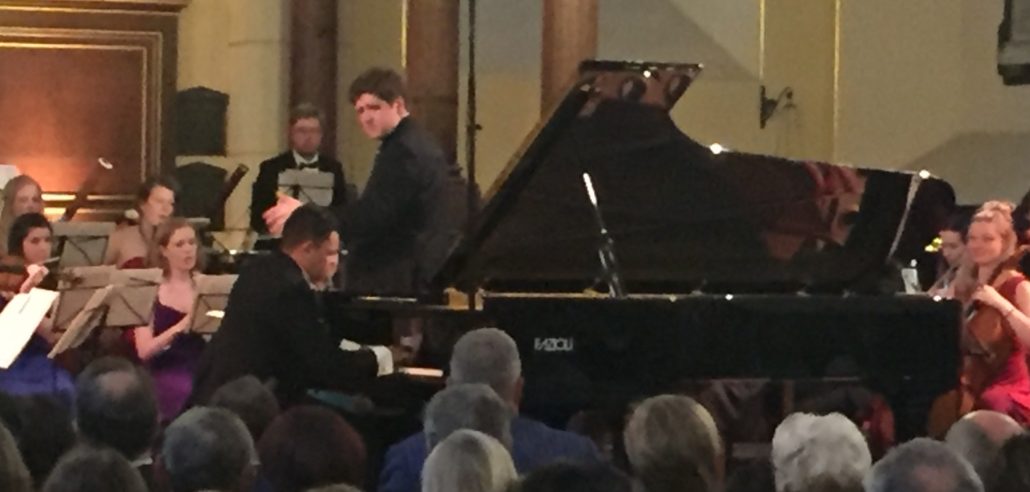
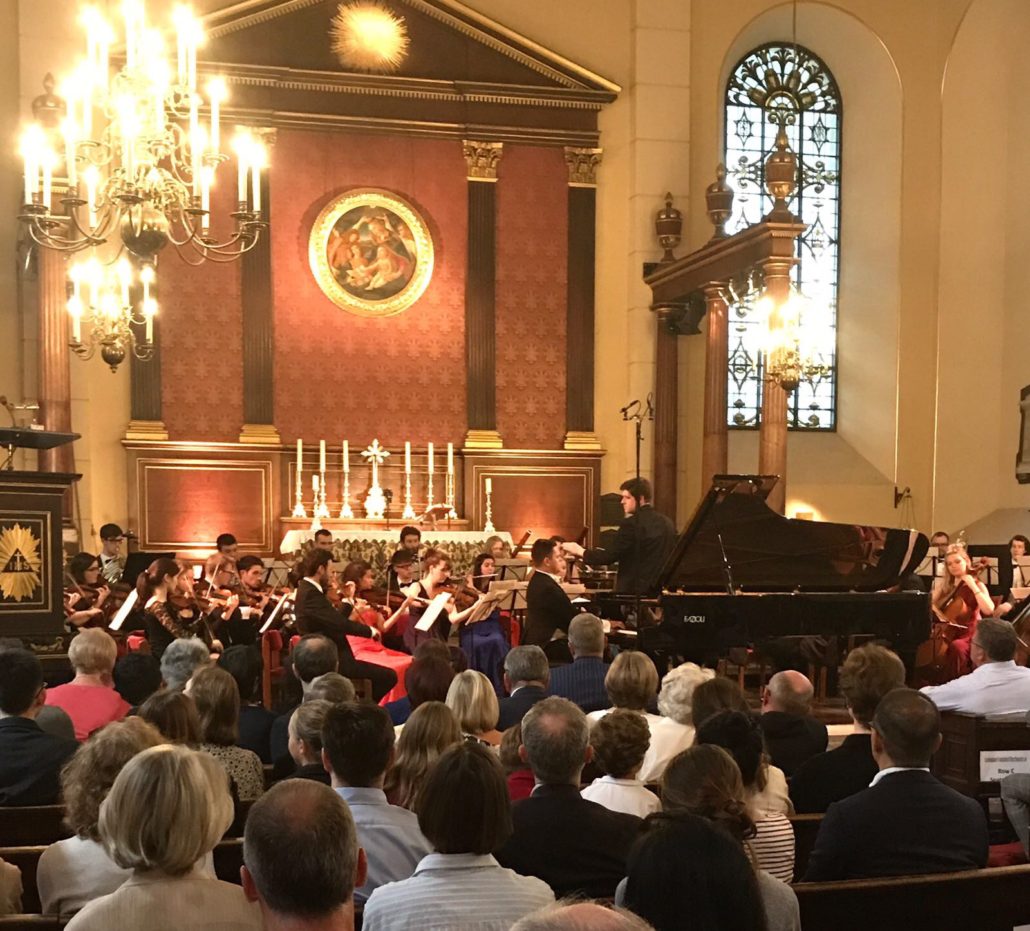

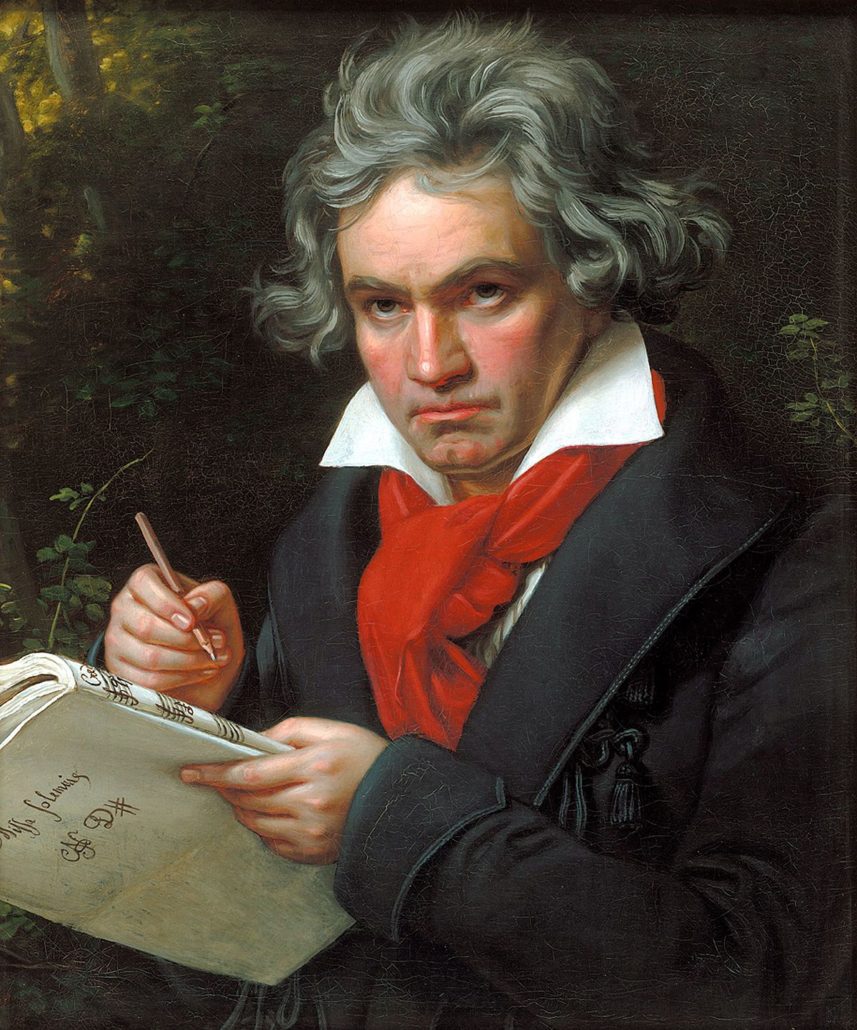







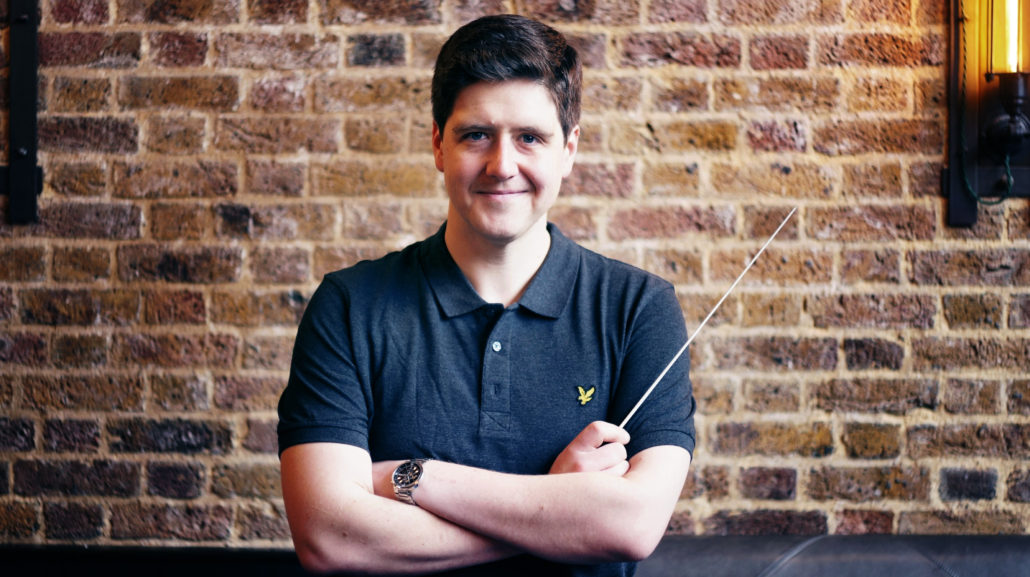


 And what about your future ambition in music?
And what about your future ambition in music?











